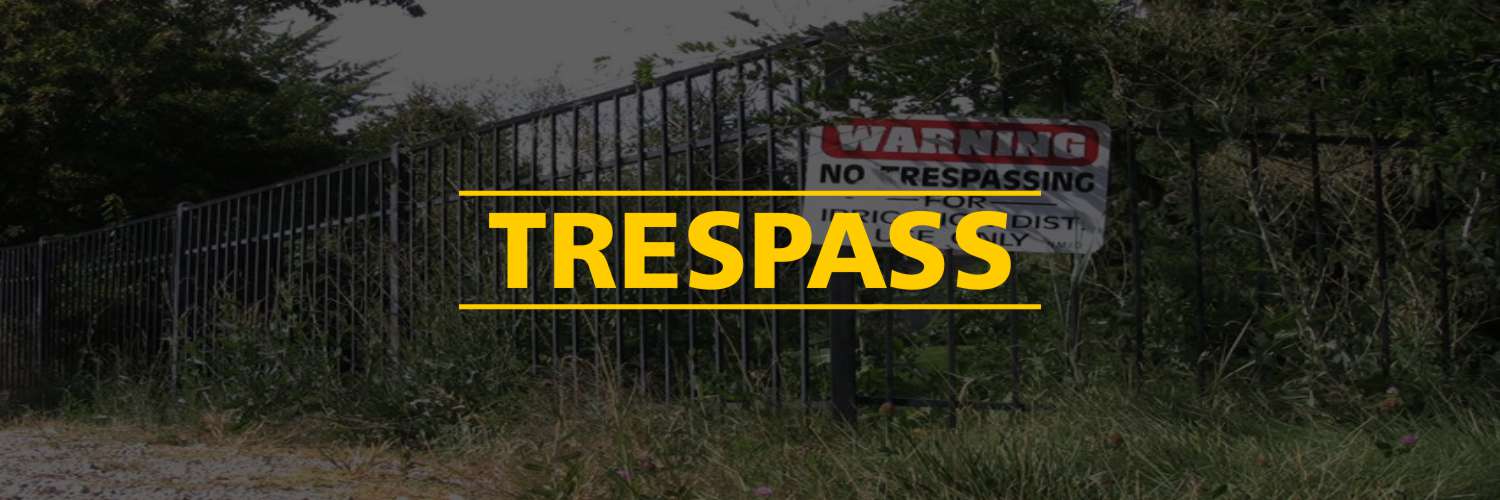Overview
Defamation, in simple words, means causing harm to the character of someone by way of words. Defamation can be caused either orally or by written words. An oral defamation is called Slander and a falsely published or written statement which harms the reputation of a person is called Libel. Both criminal laws as well as civil law constitutes the concept of defamation in India. As a civil wrong, the object is to provide monetary relief also called damages to the aggrieved person i.e. the person whose reputation is injured because of the false statement. Since one of the objectives of criminal law is deterrence, hence, it seeks to punish the wrong-doer. The punishment of defamation as a criminal offence is generally imprisonment because of the retributive aim of criminal law. Under civil law, there is no specific statute or act which defines defamation. It is given under tort law which relies on the already established case laws. Indian Penal Code (IPC) defines defamation as an offence under criminal law and the Complainant i.e. the party who has filed the case of defamation against another must prove beyond a reasonable doubt that a defamatory statement has been made against him.
Cause of Action:
i) Complainant-
Grounds for filing a suit of Defamation in the court of law:
a) If an oral or written false statement has been issued against the complainant, he can file a case of defamation. The statement should be false and should result in an injury to his honour or character.
b) The false statement should be made against the person(s) in particular. A mere general statement cannot be termed as a defamatory statement.
c) The defamatory statement should be published and made available to the third person other than the complainant and the person making such a statement. The false statement, either oral or written, cannot be termed as a defamatory one until and unless it is communicated to a third person.
d) Intention to defame someone is also an element under criminal law. The person making the false statement must intend to do so. Even if intention is not there, knowingly making a false statement which may lead to defamation constitutes the offence of defamation.
ii) Respondent-
Defences to defamation:
a) If a person is not making a false statement against another i.e. he is stating the truth and that truth is intended towards the public good, he cannot be made liable for defamation.
b) Certain individuals are given a privilege under a law which allows them to issue a statement (written or oral) which may be termed a defamatory regardless of the presence of any intention. Such individuals are Government officials and Judges etc. They can do so while discharging their duties only and not otherwise.
c) Another defence for defamation is fair comment. While issuing a statement, if a person clearly mentions that it is his opinion, then he will not be liable for defamation.
Remedies in Law:
Section 499 of IPC defines defamation and also provides the exceptions where one cannot be charged for defamation.
Section 500 of IPC provides punishment for defamation.
Section 199 of the Criminal Procedure Code (CrPC) provides for prosecution for defamation.








